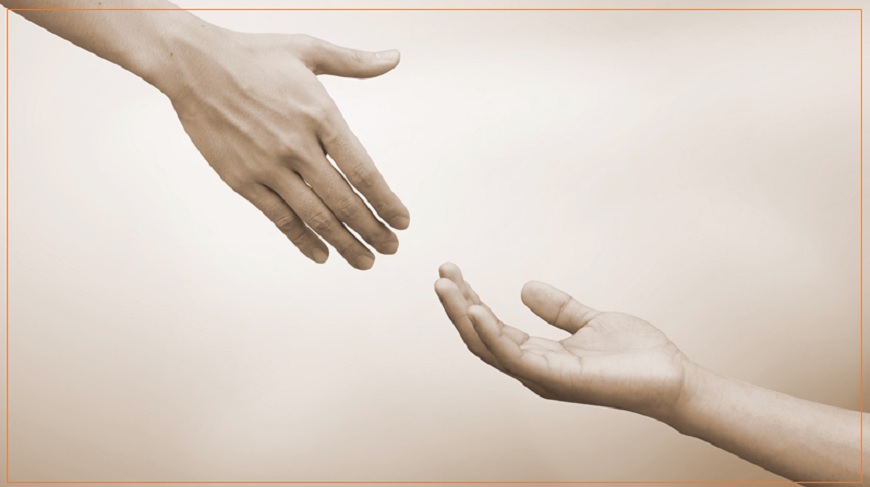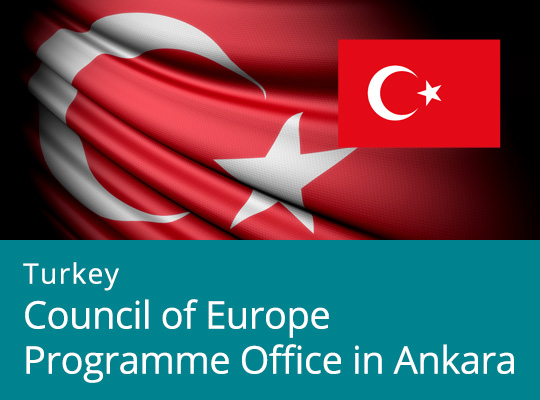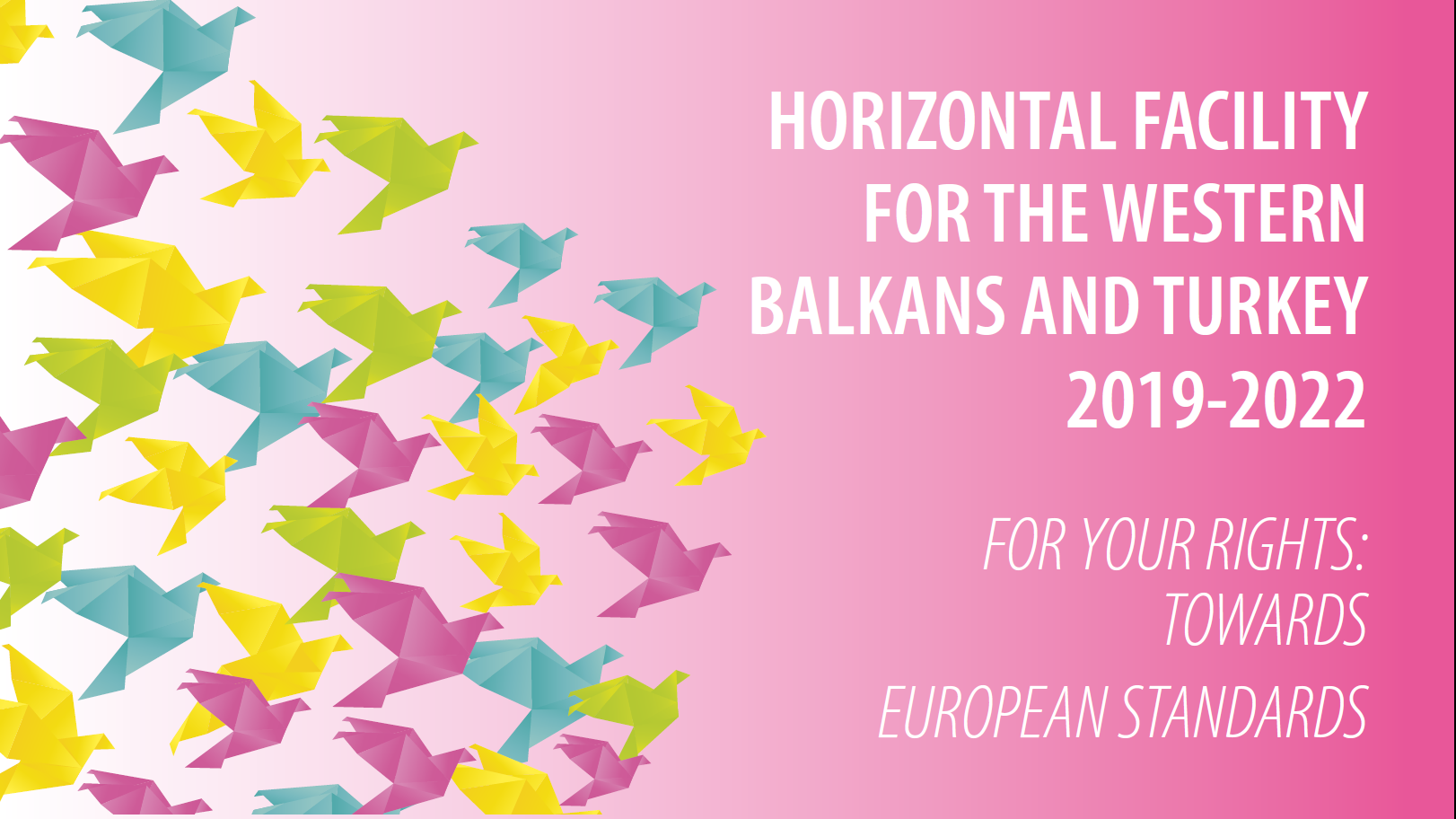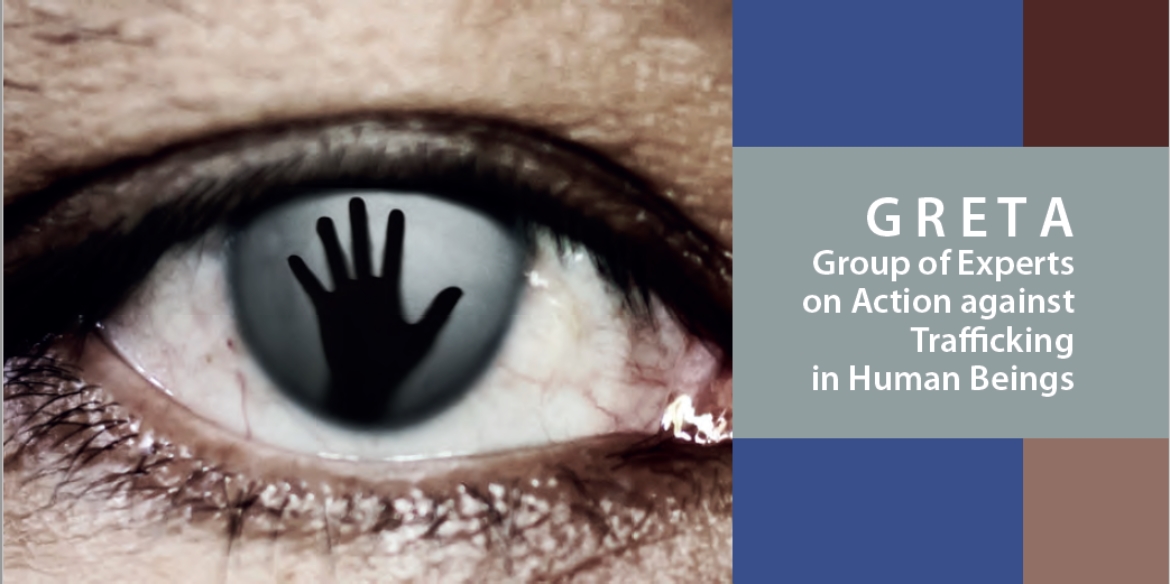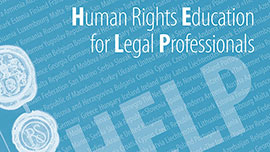On the occasion of the World Day against Trafficking in Persons, the Council of Europe Group of Experts on Action against Trafficking in Human Beings (GRETA) joins the Inter-Agency Coordination Group against Trafficking in Persons (ICAT) in calling on stakeholders to include victims’ and survivors’ perspectives in all anti-trafficking action (link to the statement).
The Council of Europe Convention on Action against Trafficking in Human Beings puts the protection of the rights of victims at the heart of anti-trafficking action. Ensuring that the human rights of victims of trafficking are at the forefront in combating human trafficking is critical to all aspects of GRETA’s work.
“GRETA stresses that the provision of timely and effective assistance to victims of trafficking is essential to encourage them to break away from the traffickers and ensure their recovery and social inclusion,” stated Helga Gayer, President of GRETA. “Victims of trafficking should be given the opportunity to play a role in criminal proceedings against traffickers, if they so wish, and to receive compensation. Measures to improve support should include consultation of victims and survivors of human trafficking to ensure that their needs are adequately met.”
GRETA’s monitoring of the implementation of the Convention provides examples of survivor-led projects covering the detection and identification of victims, comprehensive and individualised intervention services, specialised housing and job training. Civil society organisations often play an important role in this respect, giving trafficked persons a voice and the opportunity to help detect and protect other persons. GRETA’s monitoring process seeks to integrate the perspective of victims by exchanging with civil society and consulting with victims and survivors of trafficking during country visits.
GRETA recalls that under the Convention, state parties are obliged to identify victims of trafficking and adopt measures to assist them in their physical, psychological, and social recovery, taking into account their safety and protection needs. The effectiveness of these provisions can be reinforced by including victims in the process of policy development and implementation. The Convention stresses the importance of co-operation with civil society in several of its provisions, in particular concerning assistance measures and support of victims, with their consent, during criminal proceedings.
GRETA also notes that the process of recovery and successful social inclusion following a trafficking experience can be lengthy and complex. Destitution pushes victims back into the hands of the traffickers. Victims of trafficking therefore need access to suitable and sustainable accommodation, and continued provision of specialist support and care. States must take steps to promote the economic and social inclusion of victims and survivors of trafficking and enable a reasonable and sustainable standard of living, thus preventing future trafficking.
The case-law of the European Court of Human Rights illustrates the courage and determination of victims of trafficking to vindicate their rights (Factsheets: Trafficking in human beings / Slavery, servitude and forced labour).



